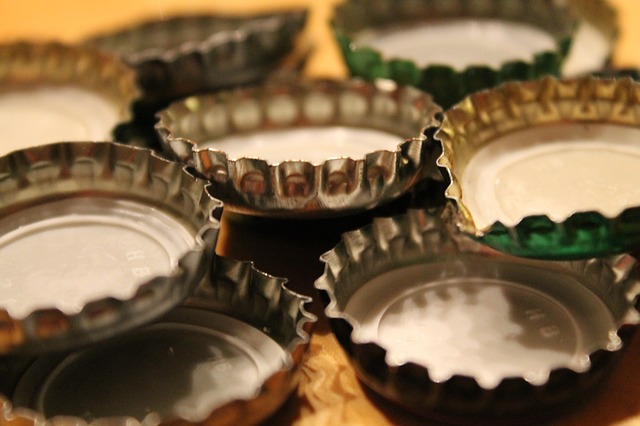Individuals who have been diagnosed with depression, bipolar disorder, or anxiety disorders often suffer from concurrent alcohol and drug abuse problems. According to a recent report by the American Medical Association, 37% of individuals with alcohol problems and 53% of individuals with drug abuse issues also have an accompanying mental condition. As a matter of fact, over 29% of individuals who have been diagnosed with a mental illness also use drugs. This research has made a tremendous difference in how to ensure effective drug rehab and alcohol treatment for clients seeking assistance. The study also found certain mental illnesses are more likely to be associated with drug abuse than others. For instance, individuals with antisocial personality disorder the likelihood is 15.5%, manic episodes 14.5% and schizophrenia 10.1%. The solution to adequately addressing both mental and drug/alcohol abuse often lies in dual diagnosis rehab. There is no definitive order when it comes to which comes first: the drug abuse or the mental condition. Sometimes individuals with psychiatric or emotional issues self-medicate to feel more “normal” leading to addiction. Other times the long-term heavy drug or alcohol abuse leads to the mental illness. Each client is different. Professionals are aware of the potential for dual diagnosis clients and entrance assessments are geared towards discovering any latent mental issues. This increases the likelihood of client success. Addressing one of the issues without the other would be akin to addressing only alcohol abuse when a client is abusing both drugs and alcohol. Dual diagnosis rehab differs from regular drug rehab programs because it focuses on both issues simultaneously. After the client is substance-free, work can begin on both the mental and addiction fronts. Awareness of potential for dual diagnosis presenting in a program is the first step to ensure effective and lasting drug/alcohol rehabilitation treatment. (Photo via)

